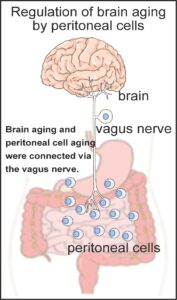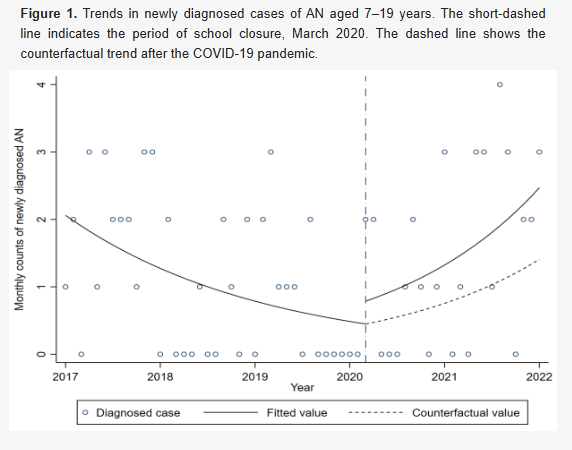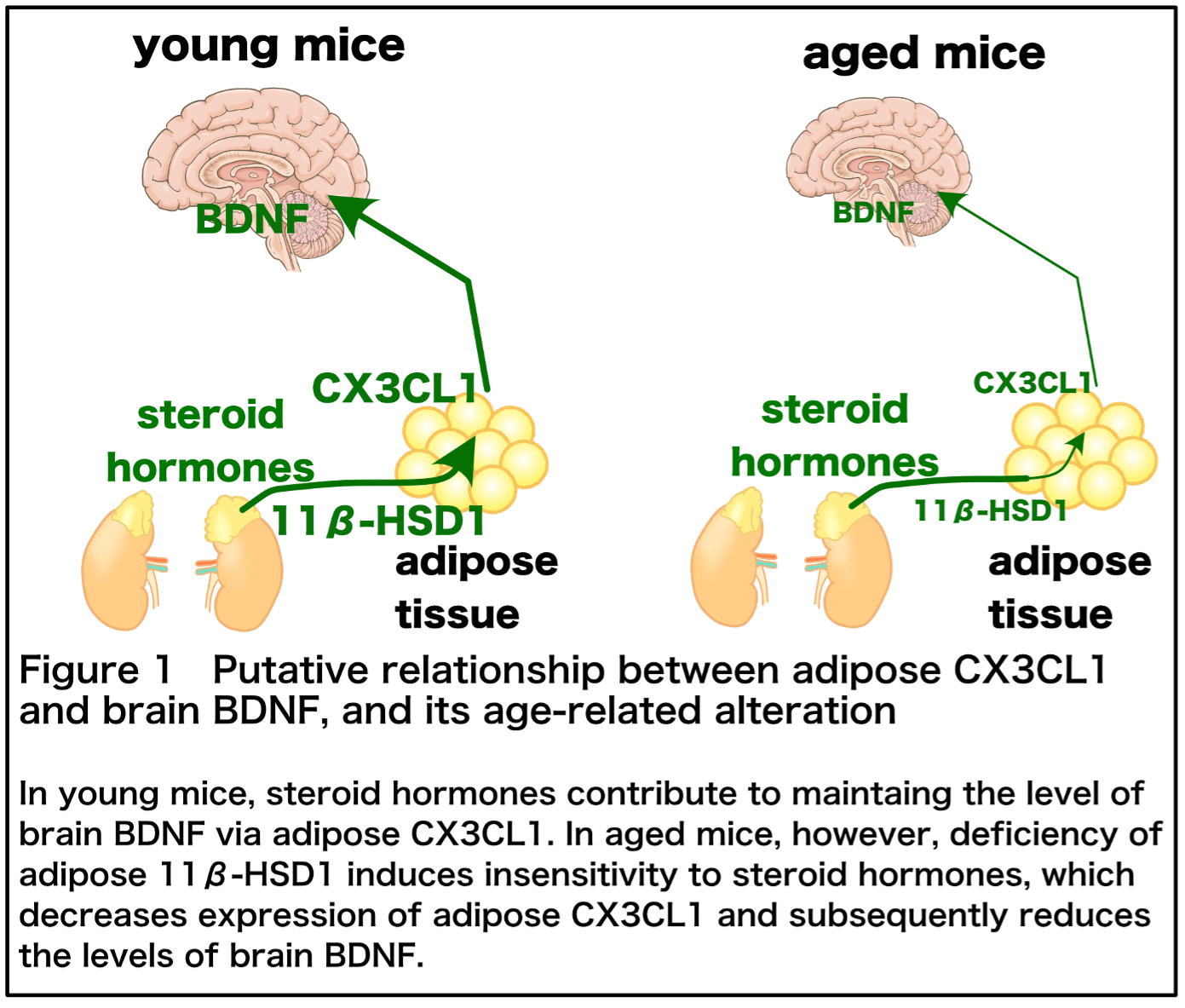Discovery that Peritoneal Cells Improve Age-Related Cognitive Decline

A research group including Assistant professor Yoshinori Takei of the Department of Pharmacology, Faculty of Medicine, Toho University found using aged mice that the novel crosstalk between peritoneal cells and the brain regulates progression of cognitive aging. Using this mechanism, the researchers succeeded in rejuvenating the cognitive function of mice equivalent to that of humans aged 60 years to that of at an age of 20-30 years.
The researchers expect that this achievement will be a basis for developing the magic bullet against age-related diseases such as dementia and frailty.

- The chemokine CX3CL1, when administered into the peritoneal cavity of aged mice, improved cognitive function through restoring the properties of peritoneal cells that have been altered by aging.
- When CX3CL1-treated peritoneal cells were transplanted into another aged mouse (equivalent to a 60-year-old human), cognitive function was restored (equivalent to that of a 20–30-year-old).
- The relationship between peritoneal cell aging and cognitive aging was demonstrated.
- It will lead to the development of preventive methods against age-related diseases, and consequently contribute to improving the quality of life of the elderly.
 Summary:
Summary:It is believed that aspects of one’s daily lifestyle influences the aging process — for example, exercise habits slow the aging process, while obesity speeds it up. However, no method has yet been established to improve aged brain functions. The research group found that improving the aging of peritoneal cells transmits signals to the brain through the vagus nerve, thereby restoring aged cognitive function. Using this mechanism, the researchers succeeded in improving the cognitive function of aged mice, which were equivalent to approximately 60-year-old humans, to the same level as that of young mice, which were equivalent to around 20-30-year-old humans. The researchers expect that this achievement will serve as a basis for the new treatment for preventing and recovering naturally occurring physiological aging process, which can contribute to conquer age-related diseases such as dementia and frailty. Consequently, the achievement will contribute to improvement of the quality of life for the elderly.
GeroScience, May 22, 2022 issue, online publication ahead of print
Title:
Alteration in peritoneal cells with the chemokine CX3CL1 reverses age-associated impairment of recognition memory
Authors:
Yoshinori Takei*, Yoko Amagase, Keiko Iida, Tomohiro Sagawa, Ai Goto, Ryuichi Kambayashi, Hiroko Izumi-Nakaseko, Akio Matsumoto, Shinichi Kawai, Atsushi Sugiyama, Tatsuyuki Takada, and Akira Hirasawa
DOI No.:10.1007/s11357-022-00579-3
READ MORE RESEARCH NEWS - MEDICINE
Undergraduate Programs
– Medicine
– Pharmaceutical Sciences
– Science
– Nursing
– Health Science
Graduate Programs
–Medicine
–Pharmaceutical Sciences
–Science
–Nursing
RESEARCH
– News
– Guidelines & Policies
– Support Offices
– Facilities
– Security Export Control
Non-Degree Programs
– Clinical Elective Program
– International Physician Observership Program




